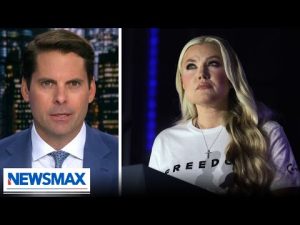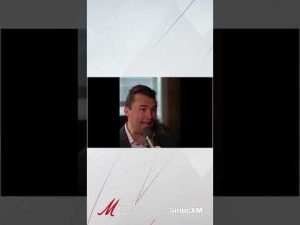The recent political discourse has been buzzing with the emergence of a controversial figure in New York City politics. This individual, once known for his engaging social media presence and influence, now channels a different tone that has left many New Yorkers uneasy. His rhetoric indicates a strong deviation from centrist ideals that some expected him to embrace once entering the political arena. Instead, he has aligned himself more closely with radical beliefs, which has sparked considerable concern among residents, particularly in the Jewish community.
During a speech, this controversial leader openly embraced his identity as both a Muslim and a democratic socialist. He dismisses the notion that he needs to apologize for his beliefs, despite how these might be perceived by the public. His words reflect a combative approach, suggesting an “us against them” mentality. Such positioning raises legitimate questions about how inclusive his leadership might truly be.
Sid Rosenberg, a prominent radio host, has been vocal about the potential implications of this individual’s rise to power, especially within the Jewish community. Speaking at the Republican Jewish Coalition Leadership Summit, Rosenberg emphasized the immediate threat posed by policies and ideologies that may not align with the safety and values of New York’s citizens. He outlined fears about maintaining security and freedom for Jewish residents who simply want to live without fear in their diverse city.
The situation becomes particularly worrisome when considering the breadth of influence this leader might wield. New Yorkers are rightfully questioning not only his political affiliations and plans but also the company he keeps. The community’s concerns are not just about political positions but the basic safety and rights for citizens as they navigate their daily lives in what should remain an inclusive and secure environment.
Ultimately, the larger narrative here is about trust and leadership. Can a city as vibrant and diverse as New York find common ground under the guidance of someone who appears to repel moderation? Residents must now decide whether they are willing to place their trust in a figure whose priorities and alliances remain shrouded in controversy. As citizens ponder these questions, the importance of ensuring that New York City remains a beacon of inclusivity and safety stands as a testament to the values that have long defined it.







